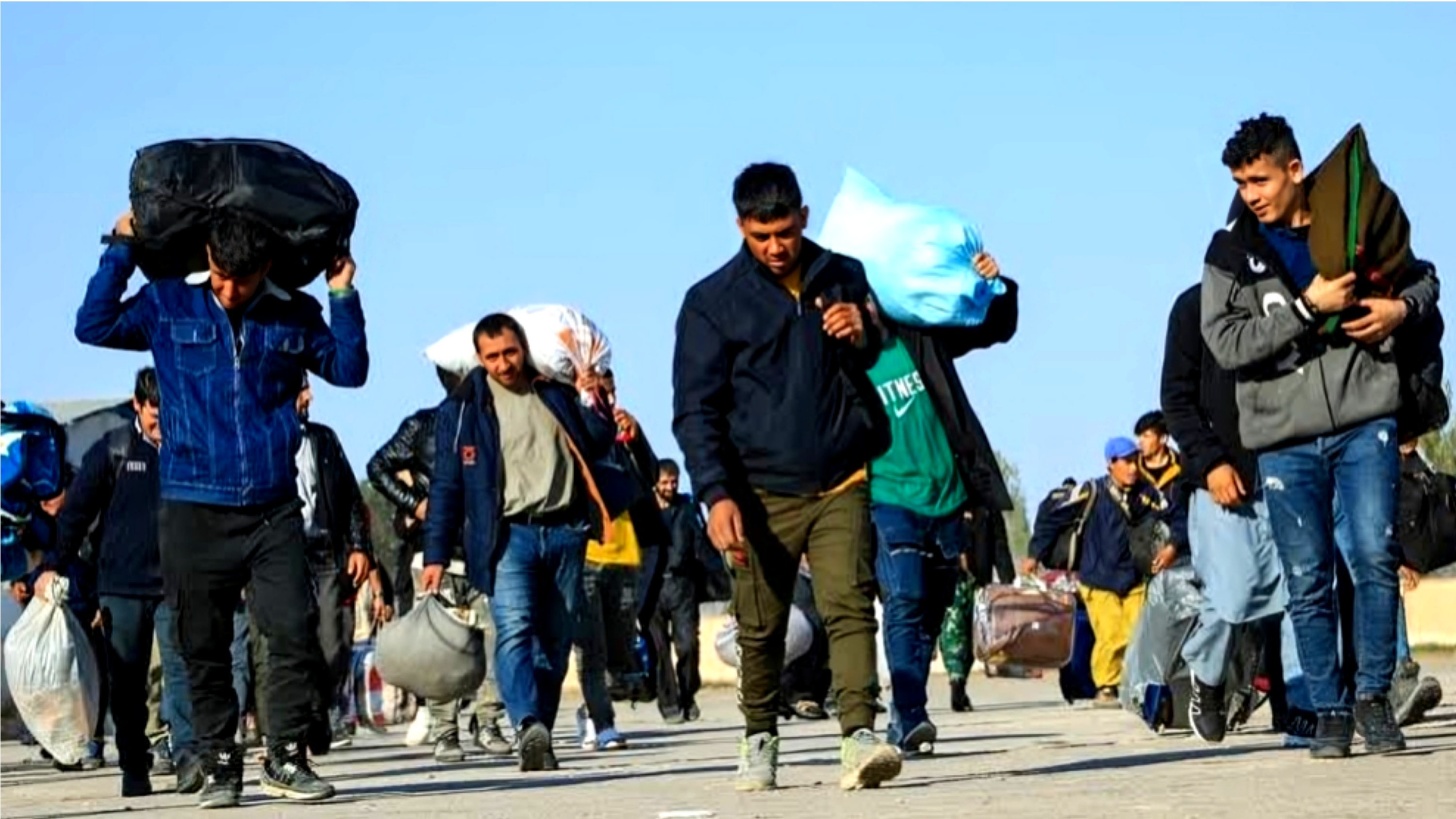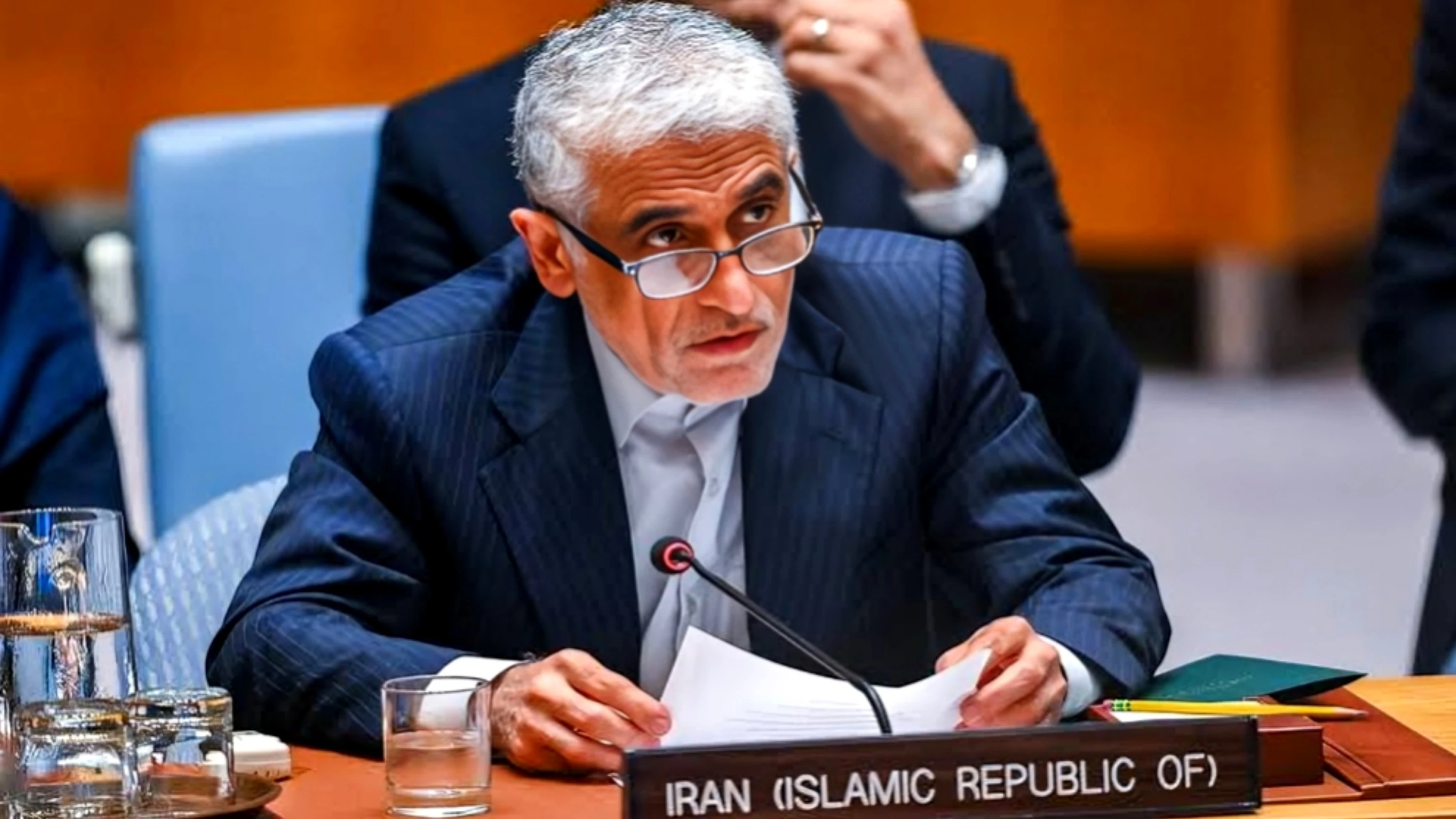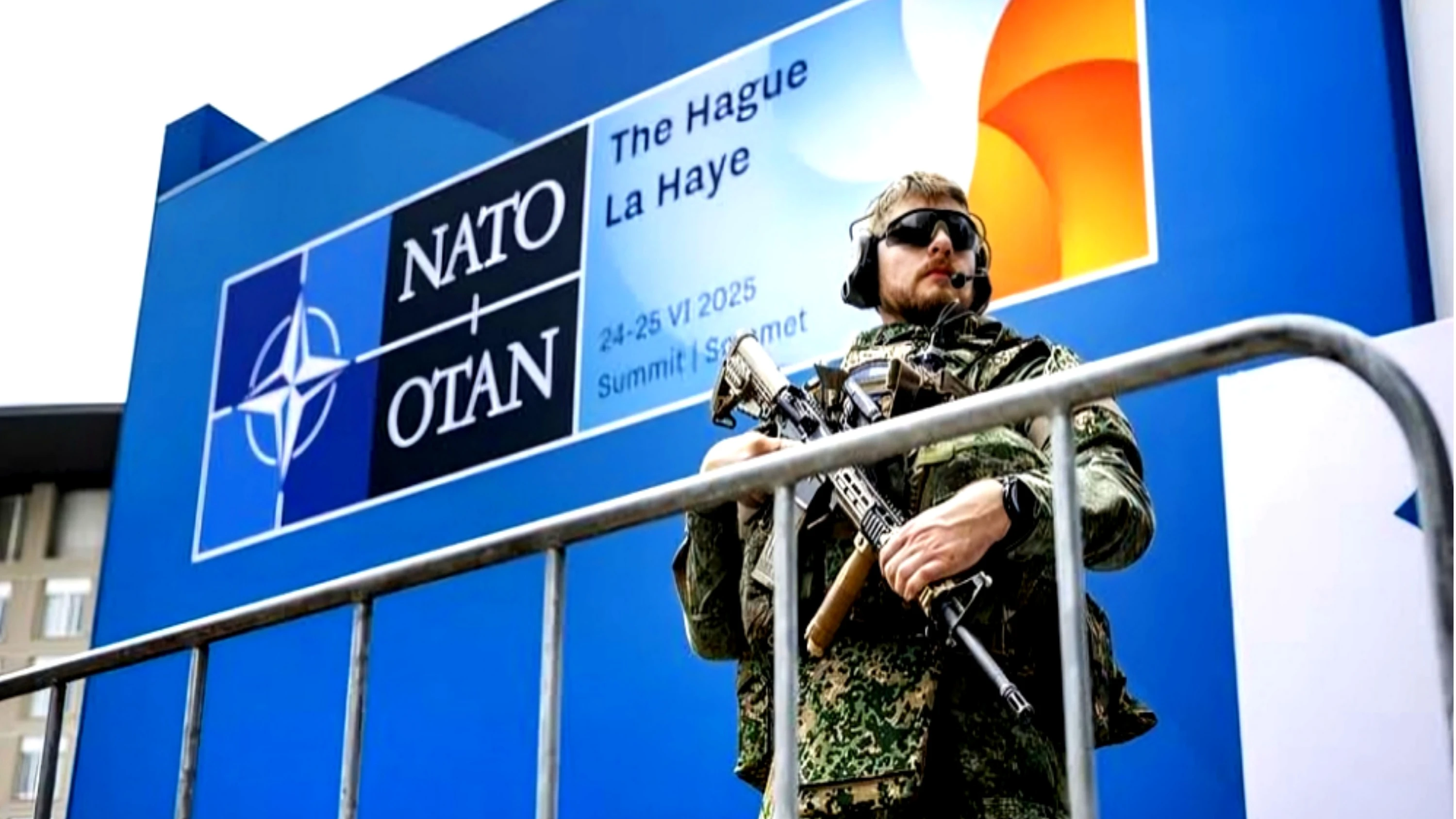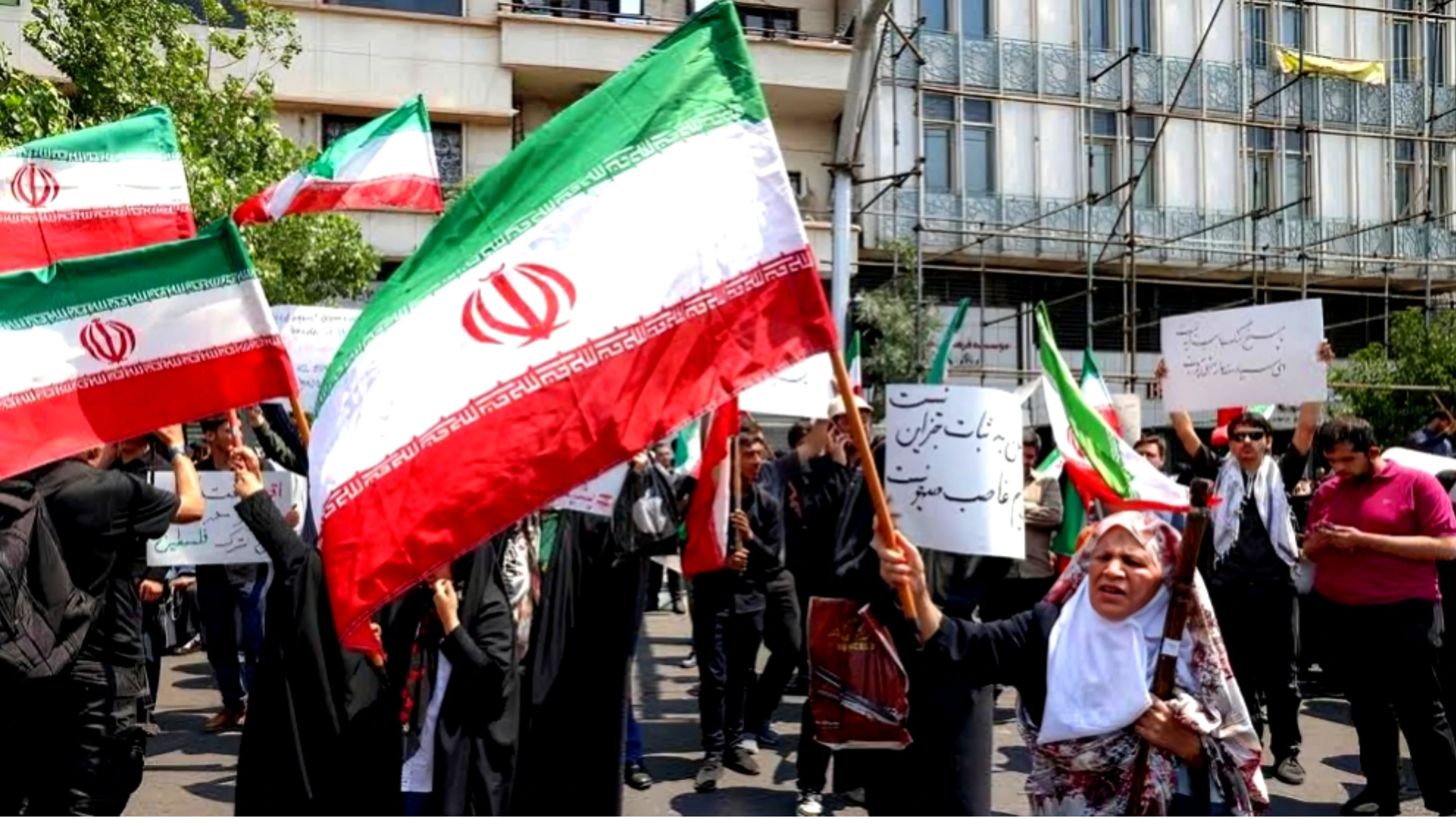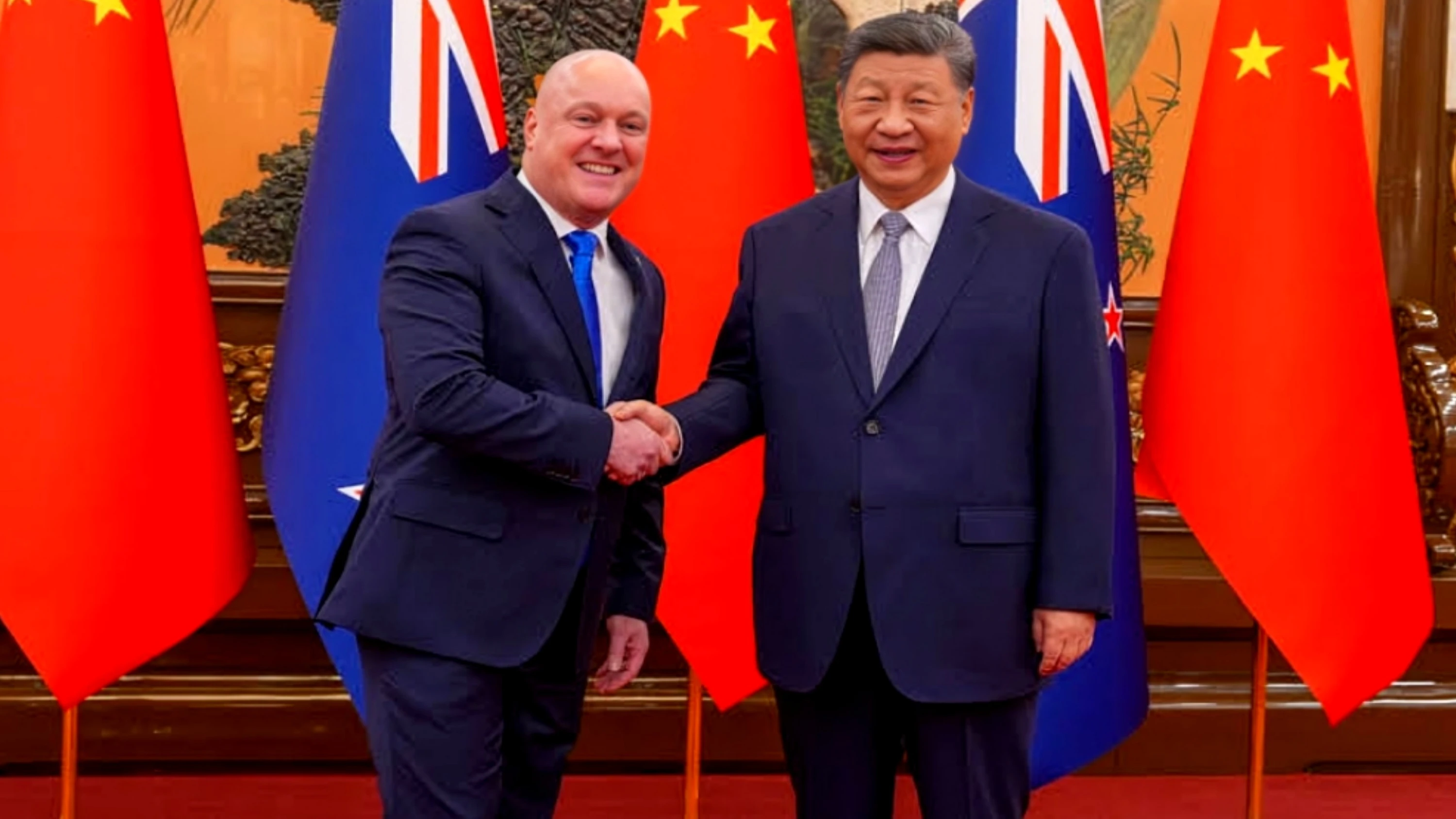Kabul: The Taliban's Ministry of Refugees and Repatriation has called on Iran and Pakistan to review their refugee return programs and refrain from forcibly deporting Afghan migrants.
In a statement shared on the social media platform X, the ministry said its acting head, Mawlawi Abdul Kabir, met separately in Kabul with Iran's Ambassador, Alireza Begdeli, and Pakistan’s Chargé d'Affaires, Ubaid-ur-Rehman Nizamani, to discuss the status of Afghan refugees in both countries.
"Recently, mistreatment of Afghan refugees in Pakistan and Iran has increased. We urge host countries to respect international refugee laws and treat Afghans with humanity and in accordance with Islamic principles," Abdul Kabir stated.
He emphasized that the Taliban administration encourages Afghan refugees to return home but insisted that host nations should adopt an organized and gradual mechanism instead of enforcing mass expulsions, as conditions in Afghanistan are not yet fully conducive to large-scale repatriation.
During his meeting with Pakistan’s envoy, Abdul Kabir also raised concerns over the closure of the Torkham border crossing, urging dialogue to resolve disputes rather than resorting to border shutdowns or violence.
"The closure of Torkham has left thousands of travelers, patients, funeral processions, and commercial goods stranded. This issue needs urgent resolution to prevent further hardship," he said.
The Torkham border crossing has been shut by Pakistani authorities since February 21, blocking all movement.
Pakistan has announced plans to repatriate all Afghan refugees by June 2024. However, Abdul Kabir argued that expelling all refugees within such a short timeframe is impractical, as they cannot relocate their lives and assets so quickly. He urged for bilateral and trilateral discussions to establish a structured and humane repatriation process.
Pakistan’s Chargé d'Affaires, Nizamani, assured that Kabul’s concerns would be officially communicated to Pakistani authorities.
"The future of Pakistan is linked with Afghanistan, so we do not use Afghan refugees as a political tool. We aim to resolve these issues through dialogue," Nizamani said, according to the Taliban ministry's statement.
During his meeting with the Iranian ambassador, Alireza Begdeli, Abdul Kabir emphasized the need for cooperation in resolving the challenges faced by Afghan migrants.
Begedli stated that Iran seeks to assist legal refugees but stressed the need for a permanent solution to the issue of undocumented migrants.
"In light of the strong relations between Afghanistan and Iran, it is essential that both countries take joint steps to address the challenges faced by Afghan refugees," he added.
He also mentioned that Iran is working to provide legal documentation to undocumented Afghan refugees.
According to the International Organization for Migration (IOM), the deportation of Afghan refugees from Iran and Pakistan has accelerated in recent months. The Pakistani government had set a February 28 deadline for Afghan migrants to leave Islamabad and Rawalpindi.
Pakistan's Minister for Parliamentary Affairs and Borders, Amir Muqam, previously stated that documented Afghan refugees should relocate to Khyber Pakhtunkhwa province, while those without legal documents would be deported via the Torkham border crossing.
At present, approximately 3.1 million Afghan refugees—both documented and undocumented—reside in Pakistan, while around 4.5 million Afghan migrants live in Iran. In 2024 alone, Iran deported 1.2 million Afghan refugees back to Afghanistan.


